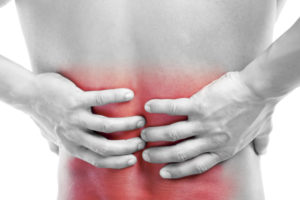
It’s no secret that the body undergoes numerous changes over the years, and dry eyes are a common complaint of the aging population. Why is this and what can be done to alleviate dry eye and its symptoms? We’ll explore both questions in brief so you can work on getting appropriate relief fast.
Common Causes of Dry Eye
Anyone can suffer from dry eye, which is predominantly caused by two primary culprits.
The first is changes in the composition of tear film, which becomes problematic when there is too little oil within the lacrimal fluid. The oils slow down tear evaporation by establishing a lipid layer, and when this doesn’t occur, dryness can result.
Another common source is when too much lacrimal fluid is produced resulting in watery eyes that suffer from symptoms similar to when they are dry.
Why Do Eyes Get Dryer with Age?
This condition tends to worsen with age for numerous reasons. Women in particular may see additional symptoms during and post-menopause due to hormonal changes that encourage dry eye hospital near me
Men may also experience hormone-related dryness, but most often the elderly suffer from the condition more frequently due to complications from illness such as diabetes and rheumatism and management medications.
Is Treating Dry Eyes Important?
Dry eyes may not seem dangerous inherently, but they actually can be after years of irritation. Irritated eyes are more susceptible to infection from constant rubbing and the fact that the film that protects them from external pathogens is compromised. Scarring that permanently damages vision can result over time, so treatment from an eye care professional is optimal.
Possible Solutions and Relief for Dry Eye Symptoms
After talking to your eye doctor about courses of treatment for relief, you might be advised or instructed to follow one or more of the following protocol.
- Staying hydrated can help increase tear production and film retention.
- Boosting the humidity amid indoor spaces can alleviate dry eye symptoms.
- Over the counter or prescription lubricating eye drops can provide temporary relief—even for contact wearers.
- Reduce eye strain by lessening reading, TV watching or computer screen time.
- Talk to your doctor about changing medications that exacerbate dry eye symptoms.
In closing, if you are considering having cataract surgery and have dry eyes, talk to your eye surgeon about how the condition can affect your post-surgical outcomes.








